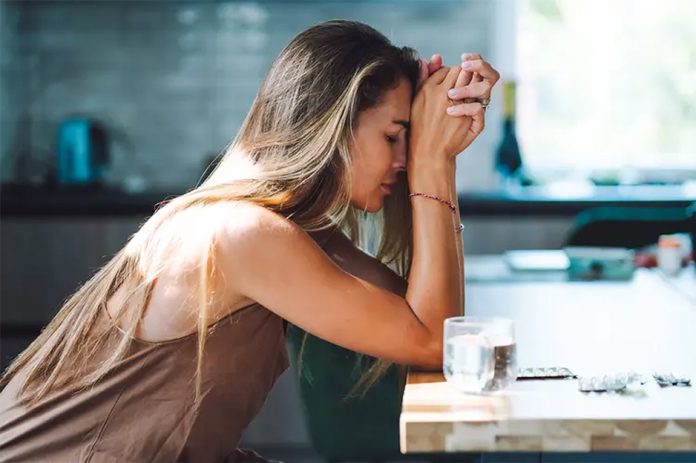Everybody feels unhappy now and then, but most of the time it lasts just a few days and goes away on its own. Depression is different. It gets in the way of your daily life and makes it harder to do the things you love. You’ll need treatment to get better.
Symptoms of Depression
There are a lot of signs of depression, but you may not have them all. Their intensity and duration differ from person to person.
Some of the ways depression might make you feel are:
Sad, empty, or anxious. Feeling sad from time to time is normal. But this isn’t the usual sadness that goes away. Depression-related sadness continues over time without getting better.
Helpless, worthless, or guilty.You may feel bad about yourself or your life and believe that you have no power to change things. Depression can make you think you have no value in this world and cause you to dwell on your losses or failures.
Hopeless.Losing hope is another hallmark sign of depression. You can feel hopeless about your own self-worth and future and believe that nothing good will ever happen to you. Or you can feel hopeless about the future in general. These beliefs may make you think about death or suicide.
Irritable. Sometimes, depression shows up as irritability rather than as a sad or down mood. You may feel angrier and more restless or on edge than usual. Irritability is an especially common symptom of depression in children and teens.
Less interest in activities. Hobbies or games you usually enjoy may not appeal to you. You may have little or no desire to eat or have sex.
Less energetic. Fatigue is one of the main symptoms of depression. This isn’t normal tiredness. Not only are you tired, but you also think and move more slowly and have trouble thinking clearly. Daily routines and tasks may seem too hard to manage.
Trouble concentrating. It could be tough to focus. Simple things such as reading a newspaper or watching TV may be hard. You may have trouble remembering details. It might seem overwhelming to make a decision, whether it’s big or small.
Changes in the way you sleep.The link between depression and sleep goes both ways. People with insomnia are more likely to develop depression. And those with depression often have more trouble falling asleep or sleeping through the night. Depression can affect sleep in different ways. Some people wake up too early or have trouble falling asleep. Others have the opposite problem, sleeping much longer than usual.
Changes in appetite.Depression can also affect your appetite in different ways. It can make you feel hungrier and cause you to eat more than usual. Or it can make you lose your appetite. Depending on how depression affects your appetite, it can lead to weight gain or weight loss.
Aches and pains.It’s very common for depression to cause physical symptoms along with emotional ones. You may have headaches, cramps, joint pain, back pain, an upset stomach, or digestive problems.
Causes of Depression
Life events. Big challenges or changes in your life may trigger depression. That could be the loss of someone close to you, a difficult relationship, or a stressful situation. Other things, such as your finances, where you live, and whether or not you’re married, may also have an impact. But remember, there doesn’t have to be a “reason” for your depression. Sometimes, it happens without an obvious cause.
Childhood problems.People who have disturbing experiences in childhood, such as emotional abuse or neglect, are more likely to have depression. The more traumas a child experiences, the higher their risk for depression and the more severe that depression may be. Experiencing trauma at a young age could change your brain in ways that make you more vulnerable to depression.
Certain medications. Some of the medications you may take to treat conditions such as allergies, acid reflux, and pain have mood changes as a side effect. Medicines may cause depression directly by altering levels of brain chemicals that affect mood. Or they can lead to depression by making you feel tired, groggy, or less hungry.
Head injuries. Research finds that up to 1 in 5 people have mental health symptoms such as depression after even a minor head injury. Depression may stem from damage to parts of the brain that control mood. The risk is even higher in people who were already depressed before their head injury.
Anxiety. This is an intense feeling of worry that is out of proportion to the situation. Depression and anxiety often go together, and the relationship goes both ways. Anxiety can be a symptom of depression, and an anxiety disorder can trigger depression. Some of the same treatments, including therapy and medication, work for both conditions.
Credit: webmd










